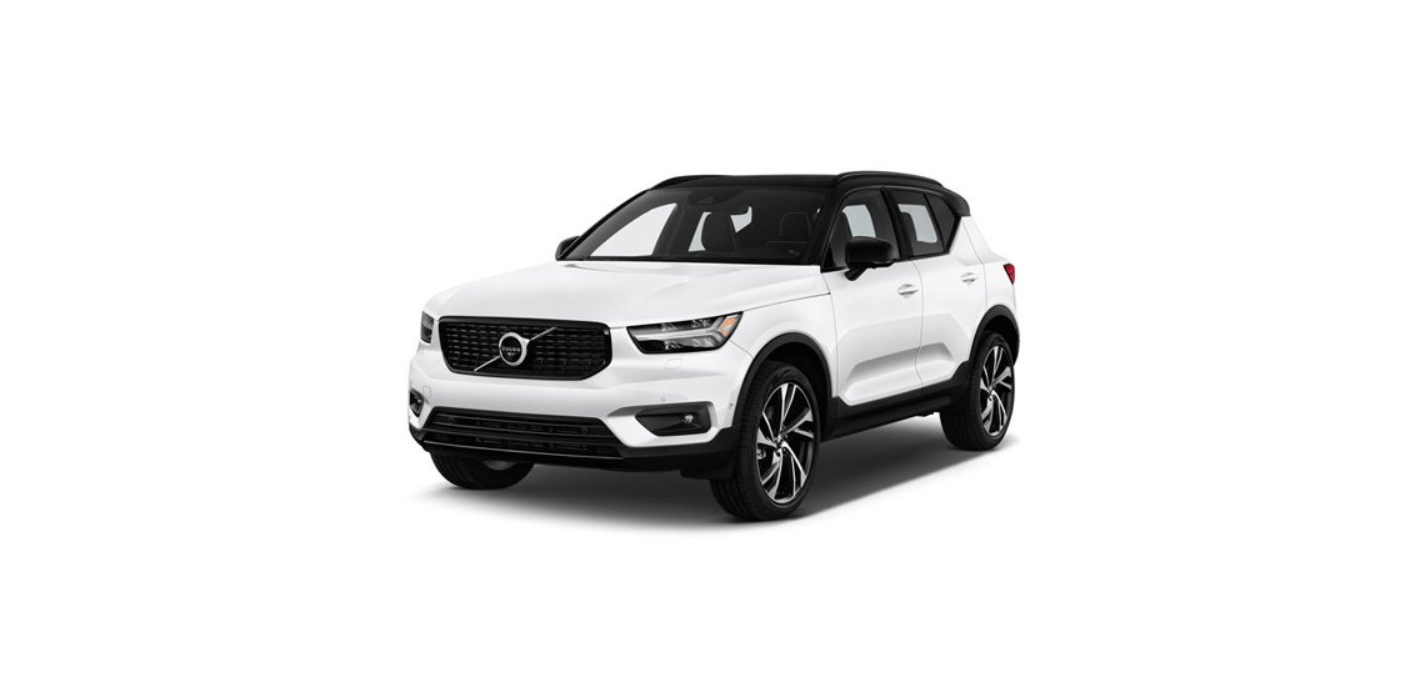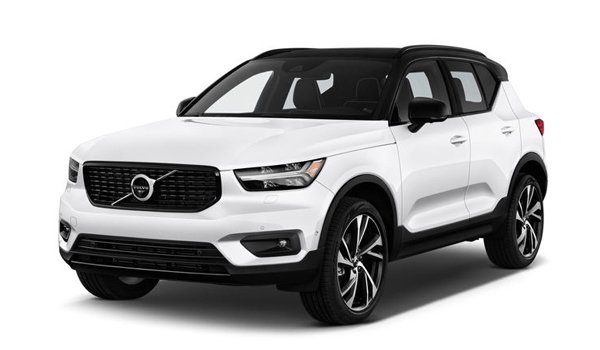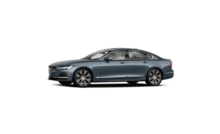Using engine braking instead of the foot brake
- With Cruise Control, speed is regulated with less frequent application of the foot brake.
- On a downhill gradient, it may sometimes be desirable to start moving a little faster and instead limit the acceleration by engine braking.
- In this case, the driver can temporarily disable the foot brake application by Cruise Control.
- To do so, proceed as follows:
- Depress the accelerator pedal about halfway down and release.
- Cruise Control will disengage its automatic foot braking and then uses engine braking only.
Warning
- The function is supplementary driver support intended to facilitate driving and make it safer – it cannot handle all situations in all traffic, weather, and road conditions.
- The driver is advised to read all sections in the Owner’s Manual that relate to this function to learn about factors such as its limitations and what the driver should be aware of before using the system.
- Driver support functions are not a substitute for the driver’s attention and judgment. The driver is always responsible for ensuring the car is driven in a safe manner, at the appropriate speed, at an appropriate distance from other vehicles, and in accordance with current traffic rules and regulations.
Standby mode for cruise control
Standby mode means that the function is selected in the driver display but not activated. The symbol in the driver display is extinguished and cruise control does not then regulate the speed.
Standby mode on driver intervention
Cruise control is deactivated and set to standby mode if any of the following occur:
- The foot brake is used.
- The gear selector is moved to the N position.
- The driver maintains a speed higher than the stored speed for longer than 1 minute.
- The clutch pedal is held depressed for longer than 1 minute – applies to cars with a manual gearbox.
The driver must then control the speed himself/herself.
A temporary increase in speed with the accelerator pedal, e.g. during overtaking, does not affect the setting – the car returns to the last stored speed when the accelerator pedal is released.
Automatic standby mode
Activation of automatic standby mode can be due to one of the following:
- The wheels are losing traction.
- The engine speed is too low/high.
- The brake temperature is too high.
- Speed falls below 30 km/h (20 mph).
- The driver must then control the speed himself/herself.
Setting the stored speed for cruise control functions
| Stored speed |
Change a set speed with short presses on the steering wheel buttons
- Short presses: Each press changes the speed in increments of +/- 5 km/h (+/- 5 mph).
- Press and hold: Release the button when the speed indicator (3) has moved to the desired speed.
The speed setting after the last button press is stored in the memory.
Effect of the accelerator pedal
If the driver increases the car’s speed using the accelerator pedal before pressing the steering wheel button
A temporary increase in speed with the accelerator pedal, e.g. during overtaking, does not affect the setting – the car returns to the last stored speed when the accelerator pedal is released.
Possible speed
Automatic gearbox
- The driver support functions can follow another vehicle at speeds from 0 km/h up to 180 km/h (112 mph).
- Pilot Assist can give steering assistance from almost stationary up to 140 km/h (87 mph).
- Note that the lowest programmable speed is 30 km/h (20 mph) – even though it is capable of following another vehicle down to 0 km/h, a speed lower than 30 km/h (20 mph) cannot be selected/stored.
Manual gearbox
- The driver support functions can follow another vehicle at speeds from 30 km/h (20 mph) up to 180 km/h (112 mph).
- Pilot Assist can give steering assistance from 30 km/h (20 mph) up to 140 km/h (87 mph).
- The lowest programmable speed is 30 km/h (20 mph) – the maximum speed is 200 km/h (125 mph).




